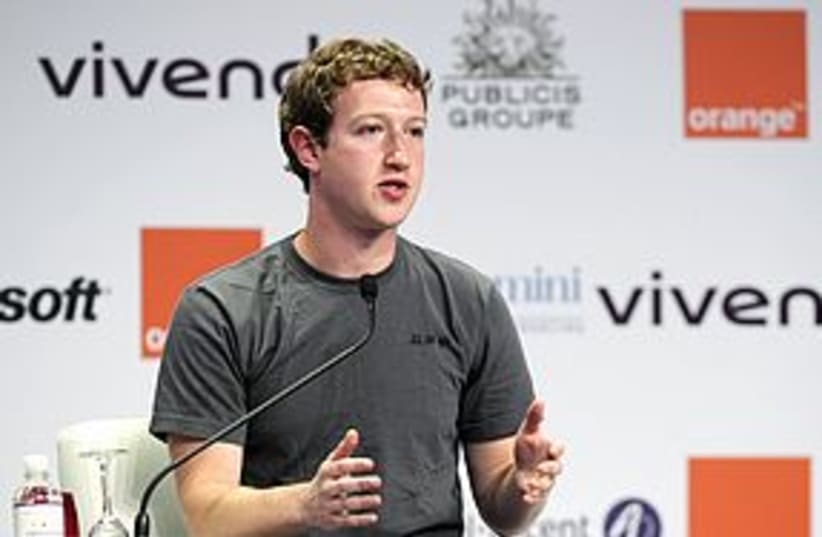2. BINYAMIN NETANYAHU Prime minister

3. SHERYL SANDBERG Chief Operating Officer, Facebook Sheryl Sandberg, 41, is the chief operating officer of Facebook. She previously served as vice president of global online sales and operations at Google, and helped launch Google’s philanthropic arm, Google.org. Sandberg also served as chief of staff for Treasury chief Lawrence Summers in the Clinton administration.Ironically, she met Mark Zuckerberg, co-founder and CEO of Facebook, at a Christmas party in 2007. Zuckerberg was reportedly impressed immediately by Sandberg, and although he had not formally searched for a COO, he considered her “a perfect person for this role.”They spent time together in January 2008 at the World Economic Forum in Davos, and in March of that year Facebook announced that Sandberg would be its first chief operating officer, hiring her away from Google. At Facebook, Sandberg oversees the company’s business operations, including sales, marketing, business development, human resources, public policy and communications.According to Forbes, Sandberg has “overhauled Facebook and helped make it the most popular social network in cyberspace.”The website of Radio Islam calls her the “Jewish second-in-command of Facebook” who “reports directly to Facebook’s Jewish CEO Mark Zuckerberg.”4. EHUD BARAK Defense ministerDespite his surprise surrender of his leadership of the Labor Party to set up an independent new faction in the Knesset called Atzmaut (Independence) in January, Barak, 69, remains a key member of Prime Minister Binyamin Netanyahu’s cabinet and one of his closest advisers.As a former military chief and Israel’s most decorated soldier, not only is he Mr. Security, in charge of the country’s security establishment, but he has also been involved in diplomatic negotiations with the Palestinians via US mediation.He is not a popular politician, but continues to be widely respected across the political spectrum both here and abroad as a military genius who is capable of thinking out of the box and making surprise moves, both diplomatically and militarily.Still considered left of center, he is a strong advocate of a diplomatic solution with the Palestinians, but at the same time backs Netanyahu’s hard line on security issues.He is also a strong opponent of Iran’s current regime and its nuclear aspirations.“I am not sure that this regime will be in power 10 years from now," Barak told a conference in Tel Aviv earlier this year. “I can also not rule out the possibility that in a year from now, an opposition group like the Green Movement will lead a new revolution. But we cannot count on this.”5. BENNY GANTZ Chief of General Staff When Lt.-Gen. Benny Gantz took up his post as the IDF’s 20th chief of General Staff in mid- February he found a Middle East completely different from the one his predecessor Gabi Ashkenazi had met when he took office four years earlier.When Ashkenazi took office, Hezbollah was still rebuilding itself from the damage Israel had inflicted upon it during the Second Lebanon War in 2006. Earlier this year it effectively took over Lebanon with a military force stronger than ever and with more firepower than 90 percent of the countries around the world.When Ashkenazi took office in 2007, Israeli-Palestinian negotiations were moving ahead at full throttle. Today, there is a complete disconnect. In 2007, Egyptian President Hosni Mubarak’s regime was strong and stable and Israel Air Force fighter jets flew regularly in Turkish airspace. Today, Mubarak’s regime is history and the thought of the IAF returning to train in Turkey seems almost like a fairy tale.Gantz, 52, entered the post at a time when the unknown is greater than the known. The difficulty is preparing the IDF for challenges – from Iran’s nuclear program to Palestinians infiltrating into the Golan Heights – that are not clear or even easily identified.What Gantz has going for him is his confidence and coolheaded demeanor as well as his unchallenged authority. His experience – he has already served in four positions on the General Staff – makes him best suited today to confront the threats Israel will face over the coming years.
6. MEIR DAGAN Former Mossad director

